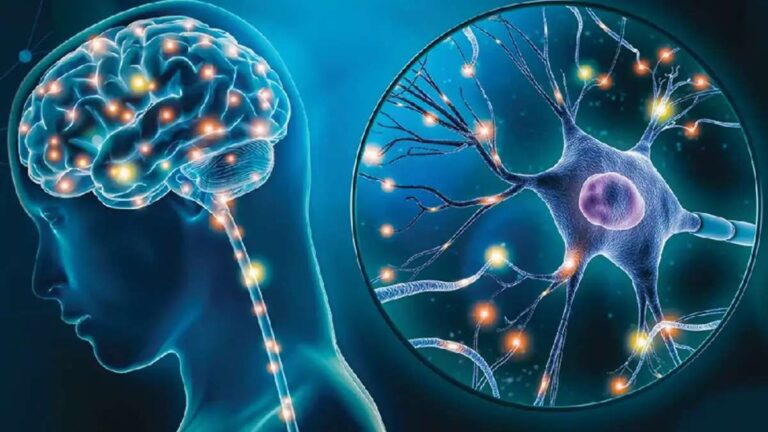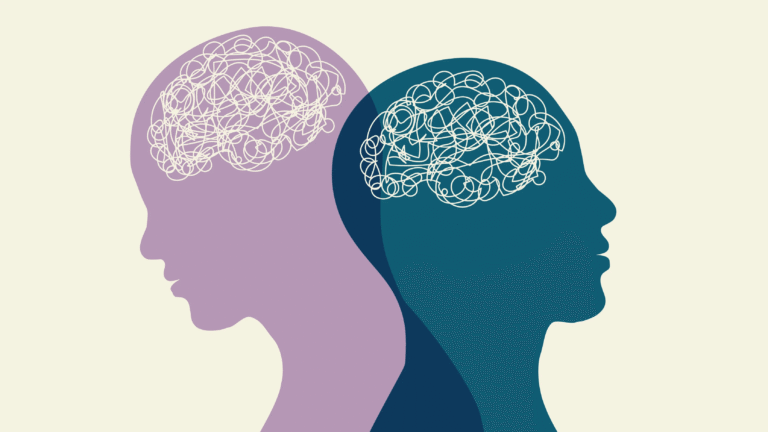When someone first becomes dependent on a mobility aid – whether it’s a wheelchair, walker, or cane – it can feel like their world has suddenly shifted. The emotions that come with this transition are often intense and complex, ranging from frustration and sadness to a profound sense of loss. It’s not just about adjusting to a new way of moving; it’s about coming to terms with a change in identity, independence, and sometimes even self-worth.
Counseling can play a crucial role in helping patients navigate these emotional challenges. Through various techniques, such as cognitive restructuring and mindfulness, counseling offers tools to help individuals accept their new reality and build emotional resilience. For some, this journey also includes practical decisions, like whether to consider an enclosed mobility scooter, which can further enhance their independence and provide a sense of security.
In this post, we’ll explore how counseling can support patients in adapting to their dependency on mobility aids, ultimately fostering greater mental well-being and a more positive outlook on life.
Understanding the Emotional Impact of Mobility Aid Dependency
When someone starts relying on a mobility aid, it’s common to experience a flood of emotions. The sudden loss of independence can bring on feelings of grief, as patients mourn their previous abilities. Alongside this, there’s often fear of stigma – worrying about how others might perceive them now that they need assistance.
Anxiety about the future is another major concern. Patients might wonder how their mobility will change over time or whether they’ll need more aids. These emotions, though natural, can spiral into overwhelming negativity if not addressed. Counseling offers a safe space to explore these feelings, helping patients begin the process of acceptance. For some, this might also involve practical decisions, such as whether to [consider an enclosed mobility scooter], which can offer enhanced independence and security.

Cognitive Restructuring: Changing the Narrative
Cognitive restructuring is a counseling technique that can be incredibly effective in helping patients cope with their new reality. Many patients initially see their dependency on mobility aids as a sign of weakness, which often leads to a cycle of negative self-talk.
This technique helps patients recognize these thoughts as distortions. For example, a patient might think, “I’m useless because I need help to walk.” Through counseling, they learn to challenge this by asking, “Does needing help really make me useless, or am I simply using tools to live my life fully?” Reframing these thoughts allows patients to view their mobility aids not as symbols of loss but as tools of empowerment.
This shift in thinking can significantly reduce emotional distress, fostering a more positive outlook. With guidance from a counselor, patients can learn to change their internal narrative and adopt a healthier mindset, making their journey with mobility aids more manageable.
Mindfulness: Embracing the Present Moment
Mindfulness is another powerful tool in counseling that can help patients adapt to their dependency on mobility aids. This approach helps individuals remain grounded in the present moment, concentrating on what’s happening now instead of becoming preoccupied with concerns about the past or future. For patients dealing with mobility aid dependency, mindfulness can be particularly beneficial in managing the stress and anxiety that often accompany such a significant life change.
Practices like deep breathing exercises, guided meditation, or even simple moments of stillness can help patients observe their thoughts and feelings without judgment. This allows them to acknowledge the challenges they face without becoming overwhelmed by them. By integrating mindfulness into their daily routines, patients can cultivate a greater sense of calm and control, reducing the emotional burden of their new reality.
Self-compassion plays a crucial role in this process. Mindfulness teaches patients to treat themselves with the same kindness and understanding they would offer a friend in a similar situation. This shift in attitude can prevent negative emotions from taking root, fostering a more positive and peaceful mindset.

Building Emotional Resilience Through Counseling
The combination of cognitive restructuring and mindfulness creates a strong foundation for building emotional resilience. This resilience is essential for patients as they adapt to life with a mobility aid. It empowers them to face challenges with a greater sense of strength and flexibility, making it easier to navigate the ups and downs that come with their new circumstances.
Counseling provides ongoing support throughout this process, helping patients not only cope with setbacks but also recognize and celebrate their progress. This reinforcement of emotional strength is vital in ensuring that patients continue to grow and adapt over time.
Developing emotional resilience doesn’t happen overnight. It requires patience, persistence, and the willingness to engage with the counseling process fully. But with consistent effort and the right guidance, patients can find themselves better equipped to handle the emotional challenges of mobility aid dependency, leading to a more fulfilling and balanced life.
Embracing Change: Taking the First Step Toward Emotional Well-Being
While the journey of adapting to mobility aid dependency can be emotionally challenging, counseling offers valuable tools to help patients cope and thrive. Techniques like cognitive restructuring and mindfulness empower individuals to change their perspective, manage stress, and build emotional resilience. These tools, combined with the support of a counselor, guide patients toward acceptance and a more positive outlook on life.
It’s important to remember that seeking help through counseling is a sign of strength, not weakness. For those struggling with the emotional impact of relying on mobility aids, reaching out for support can make a significant difference in their mental well-being. With patience, persistence, and the right guidance, patients can find peace and fulfillment in their new reality, leading to a life that’s not just about coping but about truly living.













